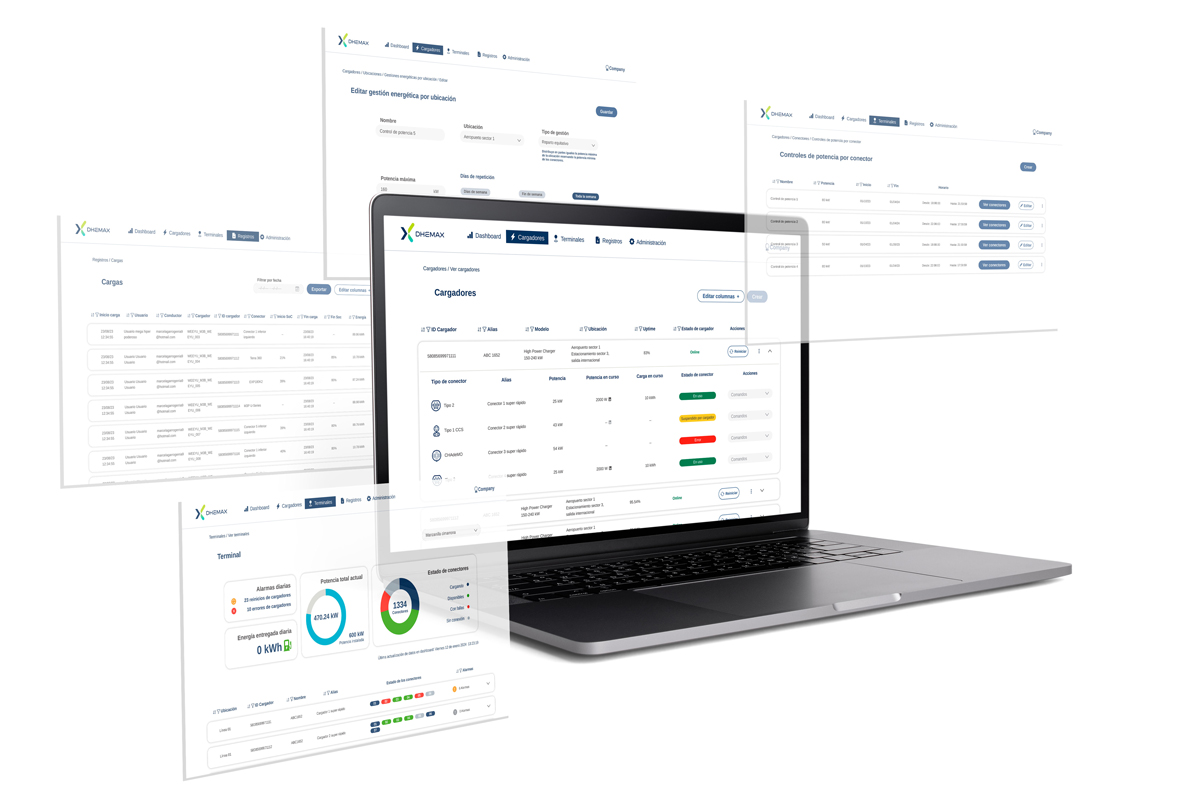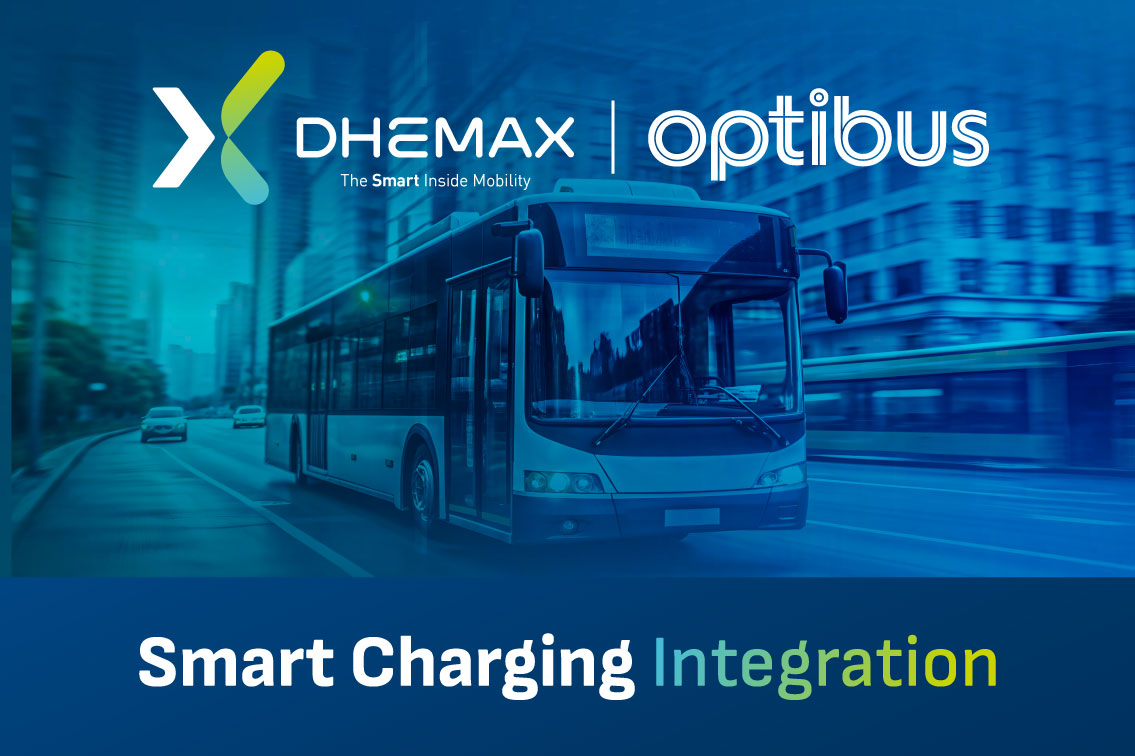Cities around the world—from Paris to Santiago, Tokyo to Bogotá—are taking concrete steps to fully transition their bus fleets to electric, many with targets set for 2025 or 2030. But delivering on the promise of clean air and sustainable operations takes more than deploying electric buses and chargers. It requires executing charging plans that work in the real world. That’s the driving force behind the new integration between Optibus and Dhemax.
The alliance connects Optibus’ intelligent planning platform with Dhemax’s smart charging technology, creating a complete end-to-end system for electric fleet planning and operations. Optibus automatically generates detailed charging schedules for each vehicle, including location, duration, power requirements, grid constraints, and operational timelines. These plans are transmitted directly to Dhemax’s Charge Management System (CMS), which executes them in real time.
“Planning isn’t enough if execution doesn’t follow through. This integration closes that gap and enables a seamless electric transition,” said Amos Haggiag, CEO and co-founder of Optibus.
From Planning to Plug: Fully Automated Integration
This integration delivers a continuous value chain from planning to real-world operations. Through a bidirectional API connection:
- Optibus automatically calculates optimal charging windows and sends them to Dhemax, including the time available for each session, enabling Dhemax’s CMS to determine the required power.
- Dhemax’s CMS dynamically optimizes power distribution based on factors such as state of charge (SoC), available time, and operational priorities.
- If operational changes occur—such as delays, detours, or vehicles out of service—Dhemax reoptimizes in real time, including use of the “Boost” button in critical cases, ensuring operations stay within defined thresholds.
- Operational data (charging status, exception events, actual session durations) is fed back to the Optibus planning system, closing the loop in a fully automated workflow.
This continuous flow eliminates silos, reduces human error, improves decision-making, and strengthens operational resilience in the face of the unexpected.

Adaptability, Precision, and Scalability
The integration ensures charging sessions adjust automatically when operations shift. If a bus arrives late, Dhemax reoptimizes the plan in real time to ensure it returns to service on schedule. This reduces dispatch workload, protects batteries by regulating voltage levels, and extends vehicle lifespan.
“Electromobility needs scalable and cost-effective solutions. With this integration, operators maximize ROI, lower costs, and enhance service quality,” said Felipe Zegers, Chief Growth Officer at Dhemax.
Today, Dhemax manages over 60,000 charging sessions per month for more than 1,200 electric buses across Latin America and Europe, demonstrating the strength and scalability of its technology.
Key Benefits for Operators:
- More accurate and realistic charging plans
- Automatic adaptation to operational changes
- Reduced manual work and human error
- Fast response to emergencies via the Boost feature
- Lower battery degradation and extended battery life
- Reduced OPEX and CAPEX
- Improved on-time performance and service reliability
See It in Action at UITP Summit 2025, Hamburg
Optibus and Dhemax will showcase this integration at the UITP Global Public Transport Summit 2025 in Hamburg, June 15–19. Visit us at stand A3434 and join us on Wednesday, June 18 at 10:00 for “Charging into the Future”, a special EV breakfast and open fireside chat on the challenges and opportunities of smart charging in public transport.




